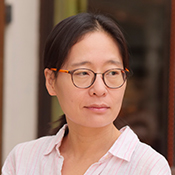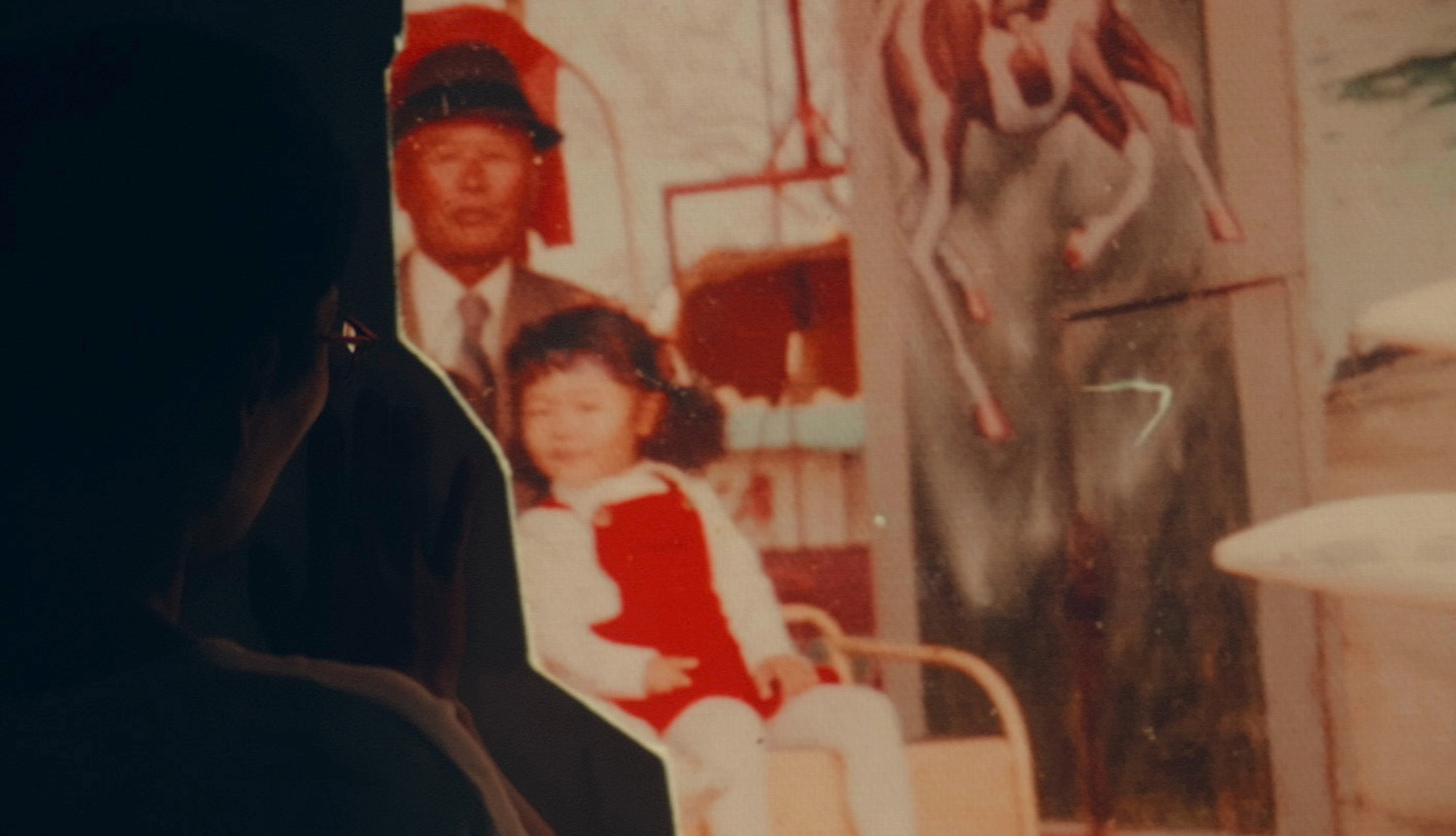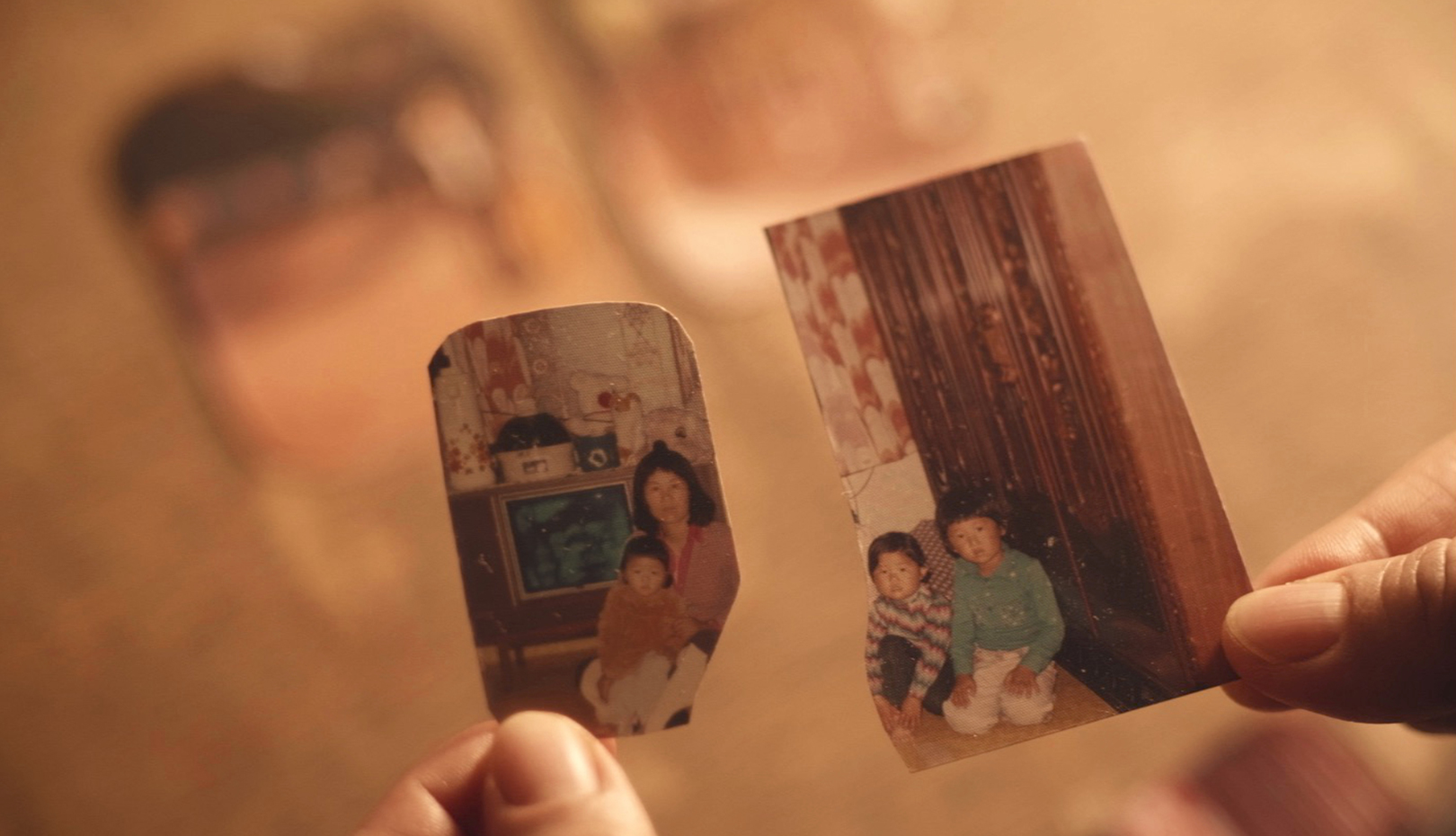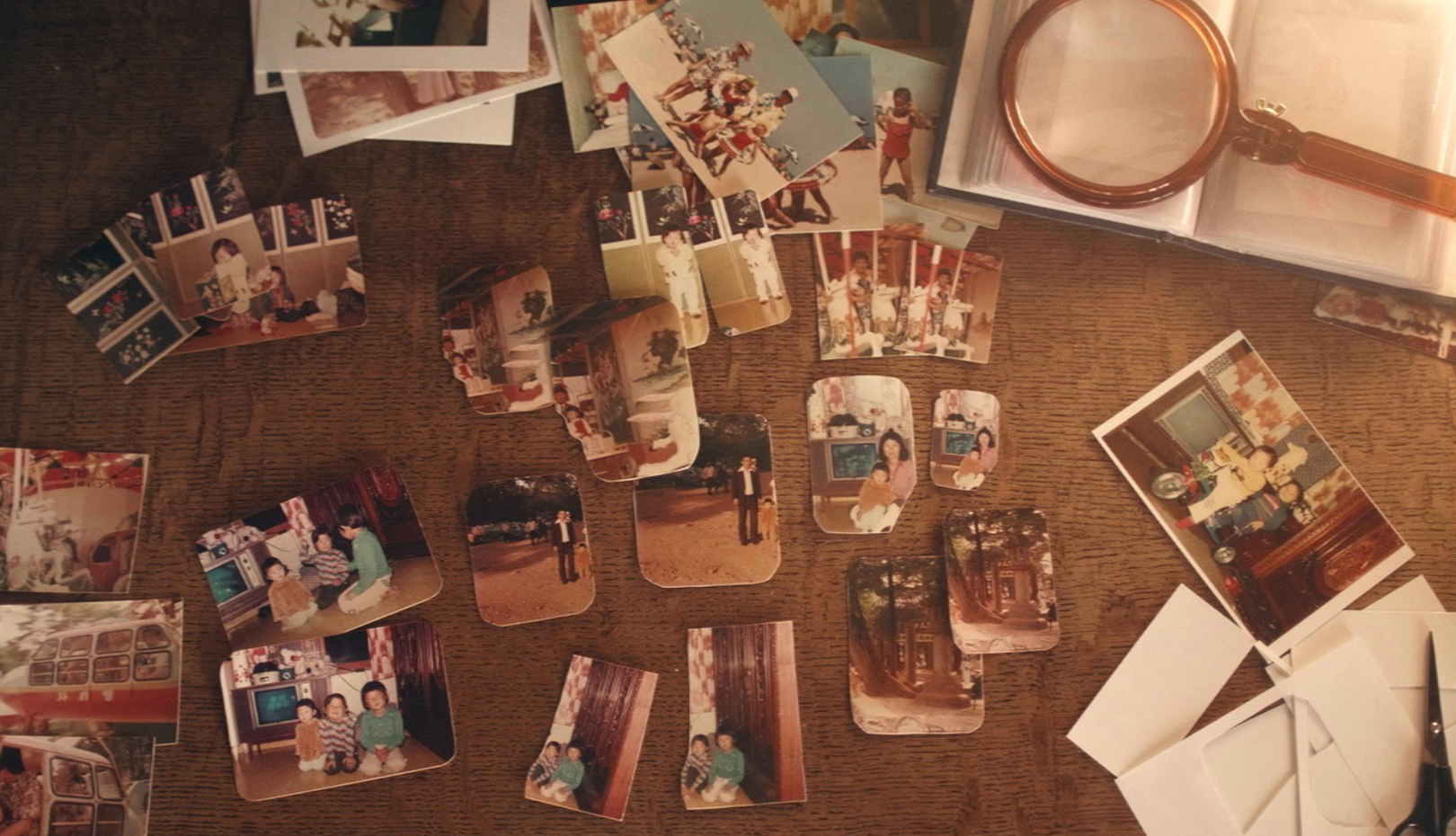Projects
A Korean Family
CHOI Hyunjung
- Korea, France
- 90min
- DCP
- color
Synopsis
The outskirts of Paris are in lockdown due to the COVID-19 pandemic. It is a time and place that is familiar, yet strange. I am at home playing hide-and-seek with my daughter. Memories of my second eldest sister, who died before turning three in Seoul in 1980, come flooding back to me through my daughter, who is about the same age. I start feeling a strange pain owing to memories of someone that I cannot remember. I try to figure out the cause of this phenomenon, the only traces of my deceased sister, who suffered from a congenital disorder, are from family photos where she has been cut out and her discharge certificate. My family now consists of my father, a veteran of the Vietnam War, my mother, a Protestant minister, my sister, a special-needs parent, my brother, an executive at a large construction company, and myself. Having left my homeland about 20 years ago, I begin writing letters to my deceased sister, recalling my family’s memories of that time. Through these memories, I learn of the vast changes experienced by Korean society such as Korean-style McCarthyism, state-led family planning programs, social purification movements, elitism, and endless redevelopments. My sister’s short life, as my family remembers it, represents the “phantom memory” of South Koreans, who have been racing against the clock, chopping away at things they perceive to be obstacles to progress. At the end of the pandemic, I travel to Korea with my daughter to visit a female artist with Down’s Syndrome. After asking her to draw my daughter’s portrait, I take a new family photo with my Korean family.
Review
It is said that memories of the first three years of life gradually fade and then disappear. When my sister died, I was a month away from my first birthday, so I felt justified in the fact that I had forgotten her. However, considering my reaction to the story of my sister’s death, which I learned at the same time as the birth of my daughter, I began to wonder whether my attitude was merely an excuse to escape an uncomfortable truth. Looking at the cropped photos of my sister, I was confronted by shadows of the factual gaps and silent screams I had been trying to avoid. The expression ‘Phantom Pain’ in the korean title of this film refers to a medical term of a pain felt in a body part that has already been cut off. By using the power of cinematic devices to incarnate my sister, I wanted to restore the damaged photos and memories of a family and create an opportunity for everyone to look back at our own hidden memories that have been censored, not by direct external pressure, but by our own doing.
Director
-

CHOI Hyunjung
Credit
- Producer소피 살보 Sophie SALBOT


